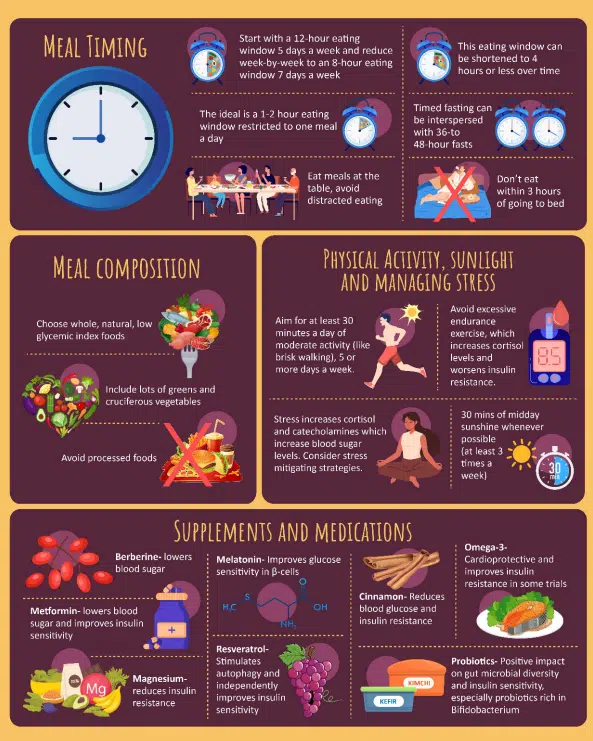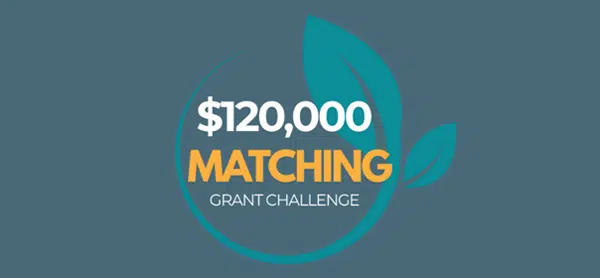Fasting can ramp up fat loss, reduce blood pressure, and boost overall health. Learn everything you need to know in our intermittent fasting guide!

If you’ve been hearing about intermittent fasting lately, that’d be no surprise to us. Fasting is experiencing a renaissance period at the moment. But this incredible health hack isn’t anything new.
The practice of fasting can be traced back to the Greek Physician Hippocrates, father of medicine and author of the Hippocratic Oath that medical doctors swear by to this day. Hippocrates believed that fasting blessed practitioners with spiritual clarity and physical detoxification. It took a couple thousand years, but we can finally say, ‘He was right!'”
Intermittent fasting works by restricting your calorie intake for a period of time. For many, the biggest goal of intermittent fasting will be weight loss. Luckily, that’s just the tip of the iceberg! The benefits associated with fasting are many. In this post, we’ll cover all that and more.
Want to get started quickly? Check out this beginner’s guide to intermittent fasting below:
The Ultimate Guide to Intermittent Fasting
Here’s what our free intermittent fasting guide will cover:
- What is intermittent fasting?
- What are the benefits of intermittent fasting?
- Can anyone do intermittent fasting?
- Can I take medicines while doing intermittent fasting?
- What are the basics of intermittent fasting?
- How do I get started with easy intermittent fasting?
- Can I drink water, coffee or tea and stay on my fast?
- Do women have the same rules for intermittent fasting as men?
- Does intermittent fasting help with long COVID and post-vaccine syndrome?
- How can I learn more about intermittent fasting?
1. What is intermittent fasting?
Fasting, by definition, means abstaining from eating. So technically any period in which you are not eating a meal, you are fasting. But for health and wellness, the idea of intermittent fasting means limiting food intake to a short window during the day and taking in only fluids such as water, tea, or coffee for the rest of the day.
The FLCCC has created Eat Well: Guide to Fasting and Healthy Eating as a reference for anyone interested in exploring the beneficial effects of intermittent fasting and time-restricted eating.
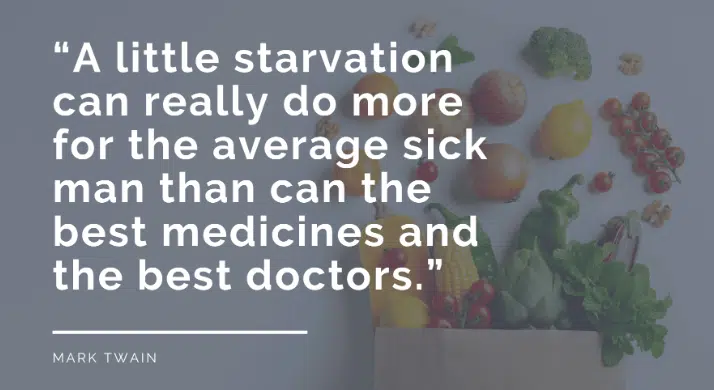
2. What are the benefits of intermittent fasting?
Modern medicine has delivered numerous breakthroughs, yet sometimes the most effective treatments are both low-cost and non-invasive. That’s the central claim in a new study featured in the Journal of American Physicians and Surgeons (Winter 2023).
The authors of the study demonstrate how fasting, coupled with other affordable therapies, could potentially reduce or eliminate the need for costly medications in Type II diabetes patients.
The study was conducted by researcher MTJ Halma along with FLCCC’s Dr. Paul Marik and Dr. Mobeen Syed, both advocates of intermittent fasting for a healthy lifestyle. In fact, Dr. Marik says his own successful management of diabetes is due in large part to the practice of intermittent fasting. They emphasize that Type II diabetes is among several health conditions that can benefit from fasting.
Intermittent Fasting Benefits
- Weight Loss and Fat Reduction: Fasting can lead to a reduction in calorie intake and enhance hormone function to facilitate weight loss.
- Improved Insulin Sensitivity: It can lower blood sugar levels, reducing the risk of type 2 diabetes.
- Heart Health: Intermittent fasting may benefit heart health by improving blood pressure, cholesterol levels, and triglycerides.
- Brain Health: Fasting is believed to support brain health and could protect against neurodegenerative diseases.
- Cellular Repair: The process of autophagy, where cells digest and remove old and dysfunctional proteins, is increased during fasting.
- Longevity: Some animal studies suggest that fasting could lead to a longer life, though human studies are needed.
- Reduced Inflammation: Some research indicates that intermittent fasting can reduce markers of inflammation, which is key in many chronic diseases.
- Cancer Risk: Early animal studies suggest fasting may reduce the risk of cancer, though more research is needed.
- Hormonal Balance: Fasting can lead to an adjustment in hormone levels that facilitate weight loss and muscle gain.
When paired with a low-carb diet, almost anyone can lose weight with intermittent fasting. But with all the other health benefits, even those who don’t need to shed pounds can see positive results.
👉 Learn more: Intermittent Fasting for Health
3. Can anyone do intermittent fasting?
Generally, the answer is yes, anyone can do intermittent fasting with a few exceptions:
- Children younger than age 18 should not fast as it impairs their growth.
- People who are malnourished or underweight (BMI < 20).
- Women who are pregnant or breastfeeding, should also not try intermittent fasting.
If you have diabetes, gout, or serious underlying medical conditions, you should consult your primary care physician before trying to fast, as changes in your medications and close monitoring may be required.
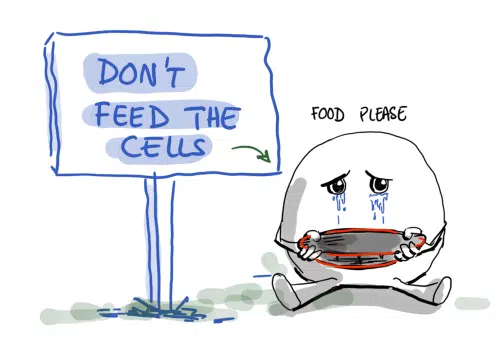
4. Can I take medicines while doing intermittent fasting?
Some medications are also contraindicated with intermittent fasting. For example, proton pump inhibitors (PPI), which reduce stomach acid, should be avoided as they block autophagy.
Suddenly discontinuing a PPI can cause rebound esophagitis, so an H2-blocker like famotidine or ranitidine may be an alternative. An aloe vera stomach formula or diluted apple cider vinegar have been suggested as alternatives to a PPI; however, there is limited data to support these interventions (plus, diluted apple cider vinegar tastes awful!)
Hydroxychloroquine (HCQ), which is recommended in some COVID-19 protocols, can interfere with the autophagy process and therefore may limit the benefits of intermittent fasting.
Generally, it is fine to continue taking vitamins and supplements while fasting; these do not break your fast.
5. What are the basics of intermittent fasting?
At its most basic, the only rule of fasting is that you need to stop eating for some period of time. But the exact schedule you follow can vary. Here are a few of the most popular intermittent fasting schedules that have become popular in recent years.
Intermittent Fasting Rules
- 16/8 Method: Involves fasting for 16 hours each day and eating only during an 8-hour window. For example, you might eat between 12 pm and 8 pm, then fast until 12 pm the next day by skipping breakfast.
- 5:2 Diet: Involves eating normally five days a week and reducing calorie intake to about 500-600 calories on the other two days, which are not consecutive.
- Eat-Stop-Eat: Involves a full 24-hour fast once or twice a week. For example, not eating from dinner one day until dinner the next day.
- Alternate-Day Fasting: Involves alternating between normal eating days and fasting days (with either complete fasting or consuming a few hundred calories).
- Warrior Diet: Involves eating small amounts of raw fruits and vegetables during the day and one large meal at night, typically within a 4-hour eating window.
What should I eat when I break my fast?
You should focus on a diet made up of “real food,” and minimize your intake of processed and junk foods, sugar, fructose, and omega-6 polyunsaturated fatty acids. A low-carbohydrate, high-fat (LCHF) diet (such as Keto) is preferred.
👉 Learn more: Intermittent Fasting Facts
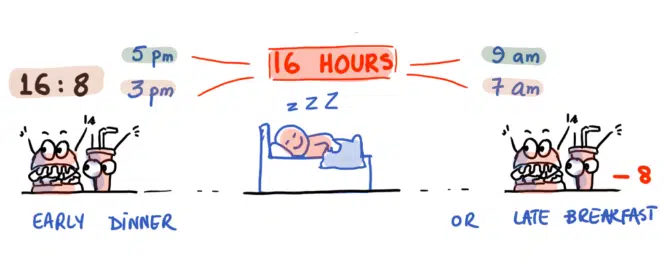
6. How do I get started with easy intermittent fasting?
A range of intermittent fasting plans can be adapted and modified to best suit your lifestyle. Get started slowly by allowing a 12-hour eating window 5 days a week. Gradually (week by week) reduce your eating window to 8 hours and increase the number of days you fast to 7 days a week. This eating window can be shortened to as few as 4 hours or less over time. Many people intersperse timed fasting with full-day or two-day fasts.
Another approach to fasting involves caloric fasting, whereby you can eat normally for 5 days and fast for 2 days by restricting caloric intake on those days to 500-1000 calories per day.
7. Can I drink water, coffee or tea and stay on my fast?
Yes! It is important to stay well-hydrated during fasting periods. Be sure to drink lots of water and/or an electrolyte solution. In his book “The Complete Guide to Fasting,” Dr. Jason Fung recommends drinking coffee with a little bit of coconut oil or full cream during fasting.
These high-fat brews are often referred to as “Bulletproof Coffee.” The idea is that they keep you sated and allow you to abstain from eating. Also, caffeine stimulates autophagy, while coconut oil has numerous health benefits as well.
👉 Learn more: How Coffee Induces Autophagy
8. Do women have the same rules for intermittent fasting as men?
Several studies have suggested that intermittent fasting may not be as beneficial for pre-menopausal women as it is for men. This is likely because calorie restriction in females is associated with changes in the release of certain hormones that may impact the menstrual cycle.
There are many anecdotal stories of women who have experienced changes to their menstrual cycles after starting fasting (likely alternate-day or fasting > 24 hours). For this reason, pre-menopausal women may need to follow a modified approach.
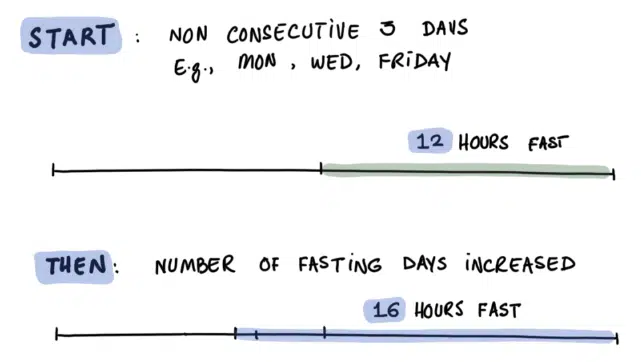
☝️ Intermittent fasting rules for women
To reduce any adverse effects on the menstrual cycle, women should take a mild approach to fasting: shorter fasts and fewer fasting days. We would suggest beginning a program of time-restricted eating consisting of fasting for 12 hours for two to three days a week and increasing from there. Furthermore, the fasting window should begin at least 4 hours before going to sleep.
Fasting days should be nonconsecutive and spaced evenly across the week (for example, Monday, Wednesday, and Friday). With time, the fasting window can slowly be increased to 16 hours and the number of fasting days per week increased.
Some women suggest linking the cycle of fasting to the menstrual cycle; namely, a 16-hour fasting window from day 1 to day 10 (including Keto), a 12-hour fasting window on days 11-16 (with Keto), and a “normal” dietary pattern on days 17-28 (including more carbohydrates with a less strict Keto diet).
There are, however, no published data to support this. If you decide to follow this pared-down fasting approach, you may want to consider adding supplements like resveratrol or spermidine to boost autophagy.
👉 Learn more: Intermittent Fasting for Women
9. Does intermittent fasting help with long COVID and post-vaccine syndrome?
Fasting can profoundly affect the immune system, partly by helping the body clear out damaged cells and replace them with newer, healthier cells (a process called autophagy). Fasting also improves the health of the body’s mitochondria, which are known as the cell’s “powerhouse”.
Research suggests that autophagy may help remove the toxic and misfolded proteins created in the body from COVID infection or injection. So, anything that activates autophagy — like fasting — will be helpful with long COVID and post-vaccine symptoms.
👉 Learn more: How To Remove Spike Protein
10. How can I learn more about intermittent fasting?
- Download and read Eat Well: Guide to Fasting and Healthy Eating
- Read Dr. Jason Fung’s book “The Complete Guide to Fasting”
- Browse our other infographics in tools & guides
- Read more of our work in our blog


